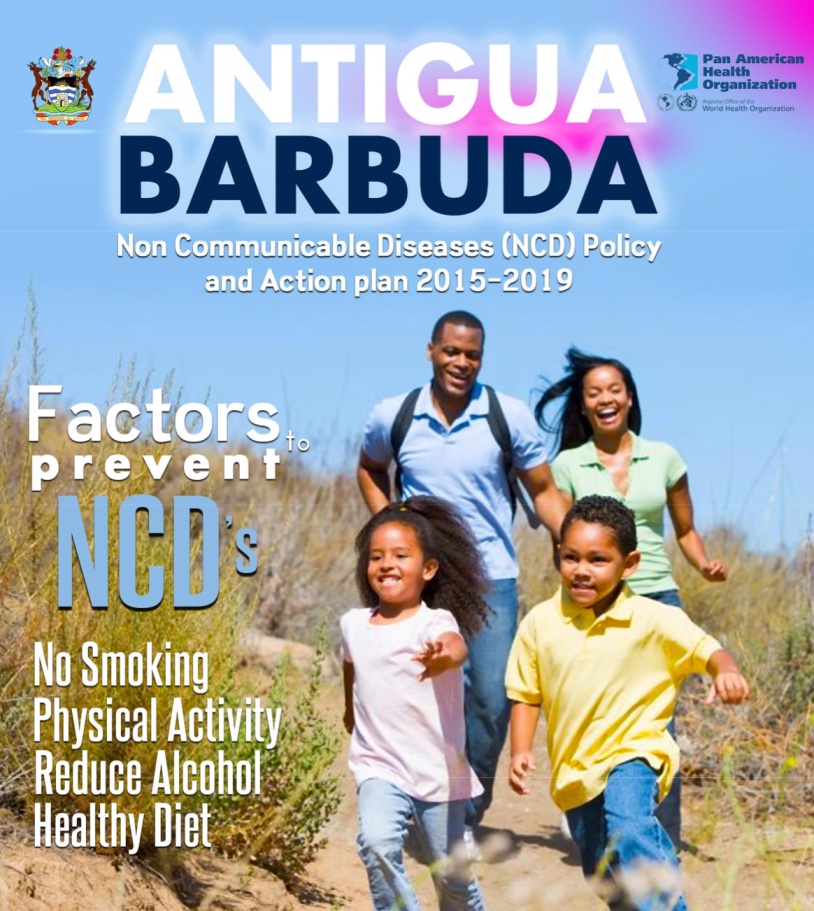Global Allergy & Airways Patient Platform
Bronchiectasis Educational Flyers
Guide
05 Feb 2026
Ministry of Health Antigua and Barbuda
11 Jun 2015

The National Policy and Multisectoral Action Plan for the Prevention and Control of Non-Communicable Diseases lays down actions to reduce preventable morbidity and premature mortality due to NCDs and control of the risk factors attributed to these diseases. The action plan covers the period between 2015 and 2019. The objectives of this policy are to: (I) promote healthy lifestyles by creating a supportive healthy environment; (II) improve overall quality of life in persons with NCDs; (III) reduce exposure to risk factors that contribute to NCDs; (IV) prevent and delay early onset of NCDs for individuals and population groups; (V) reduce incidence and prevalence of NCDs; and (VI) reduce morbidity associated with NCDs.
This policy selects and prioritizes the following strategic areas (SA) for achieving the objectives: SA1: strengthening coordination and management of NCD prevention and control; SA2: healthy and active community through multisectoral policies and partnership; SA3: NCD risk factors and protective factors; SA4: health system strengthening to NCDs and risk factors at all levels and all sectors; and SA5: surveillance, research, information and education.
This policy addresses the importance of healthy diets in preventing NCDs and reducing the risk factors. Healthy food environment will be promoted to ensure food safety and security as outlined in the Food and Nutrition Security Policy, e.g. introduction of new fruits and vegetables for agriculture, promotion of local products. Cost-effective interventions will be implemented, such as Child Friendly School Initiative, to reduce the impact on children of marketing of foods and non-alcoholic beverages high in saturated fats, trans-fatty acid, sugars and salt. The public and school education and training will be conducted on understanding food labeling and the Food Based Dietary Guidelines. The legal framework will be developed to increase taxes on foods in high fat, salt and sugar and use tax revenue for strengthening school health promotion.